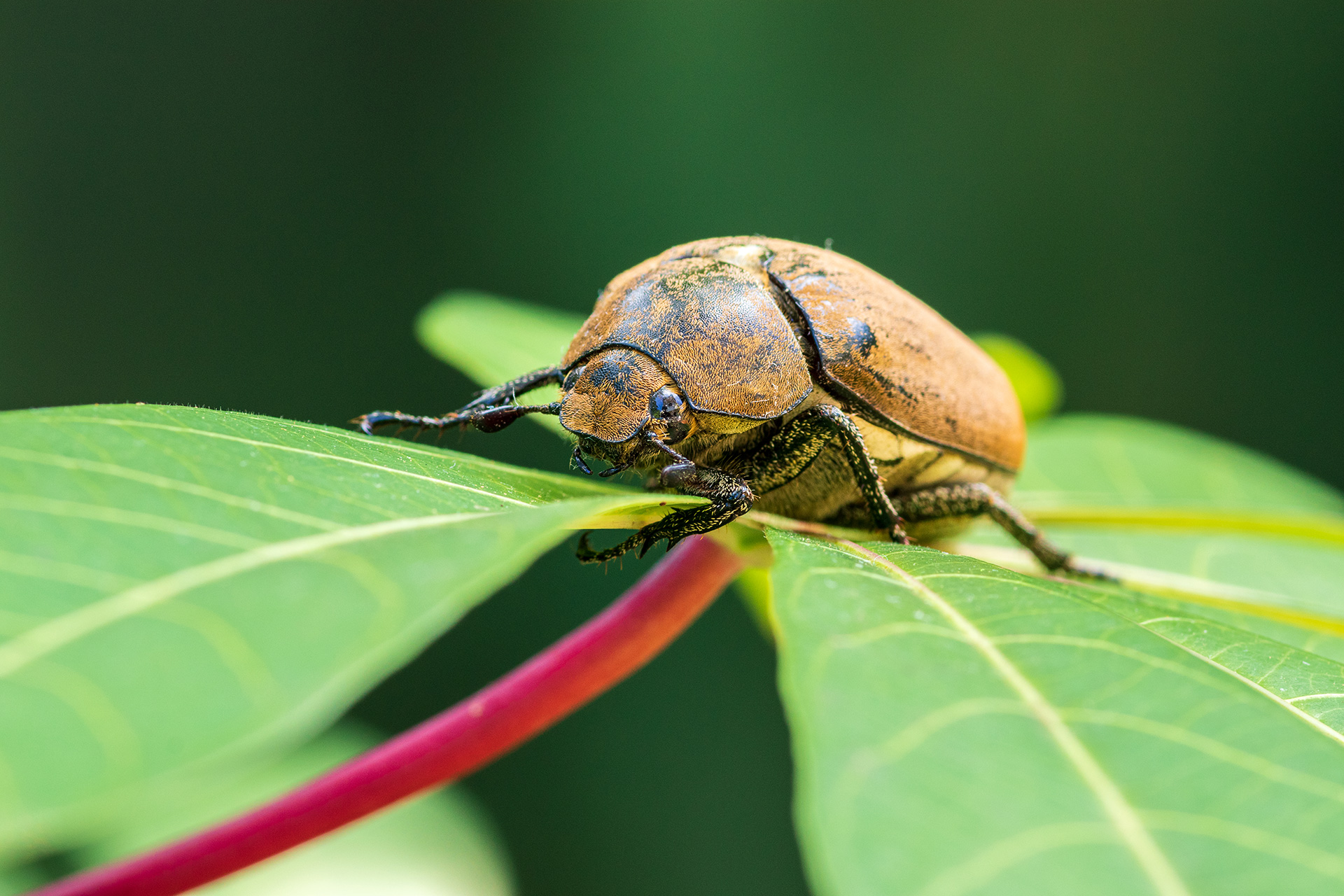Pesticides, Herbicides, and More
Pesticides, herbicides, and other control products are an important part of managing a healthy garden, but many people lack the knowledge to use them successfully. Often, these products are tucked away in the back of garden stores with minimal instructions, leaving homeowners frustrated and discouraged when they struggle with pests and disease. The best rule of thumb is to prevent rather than treat. Trying to fix a problem too late can be disheartening when a plant doesn’t “come back to life” for you. This often makes people feel ineffective, causing them to quit gardening and retreat to the golf course instead.

As a horticulture consultant for many years, I’ve seen that pesticide use at the consumer level varies considerably, often due to personality. Some people aren’t bothered by a few spots on leaves or a beetle eating a leaf or two. Others are proactive, seeking out the best and least toxic controls to manage any issue. Then there are those who tolerate nothing in their yard except pristine turf, giving zero room for pests or “weeds.” These different approaches can challenge even the best consultant.
It’s important to understand the need before the want. Try to find someone who can answer your questions about chemicals and their uses. Identify the problem first with pictures or samples of your plants, leaves, or roots. Many people have misconceptions about control products, believing that a single, one-time treatment will fix a problem forever. This is simply not true. Plants, pests, and diseases all have seasons, as do their control and suppression times. Spraying a plant in August for damage done in May would be a waste of time and money.
Labels are invaluable guides that go a long way in preventing mistakes and damage. All chemicals, even some organic ones, have a level of toxicity. Never apply any chemical without reading the label instructions. Applying the wrong product, using it at the wrong time, or using the wrong amount can cause damage to your plants, harm non-target species, or even injure you.
Make it a point to learn about your local county extension agency. These government-funded experts are in place to help homeowners, gardeners, and farmers find answers to disease and pest problems. They can identify issues and help you find remedies.
And by all means, feel free to ask me! I would love to share my experience, education, and support with you.
Make today memorable,
Brenda